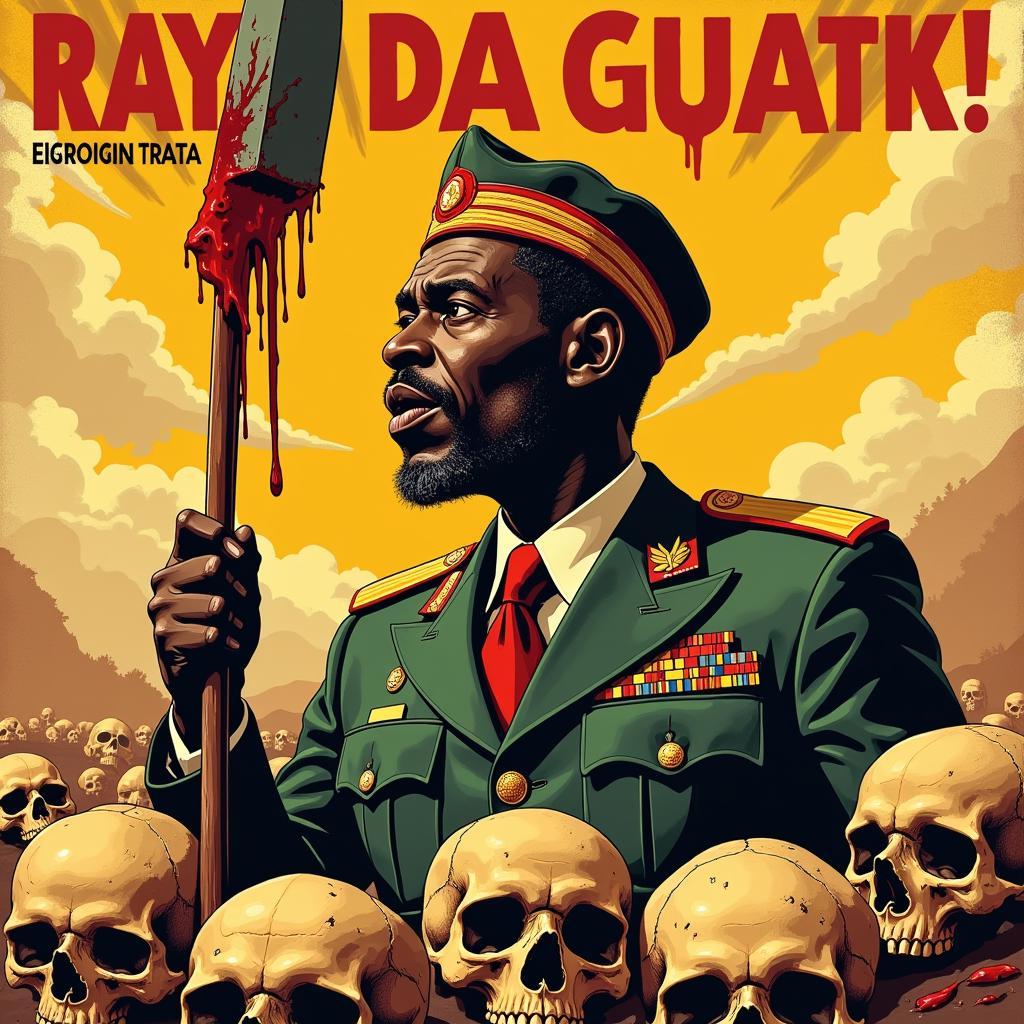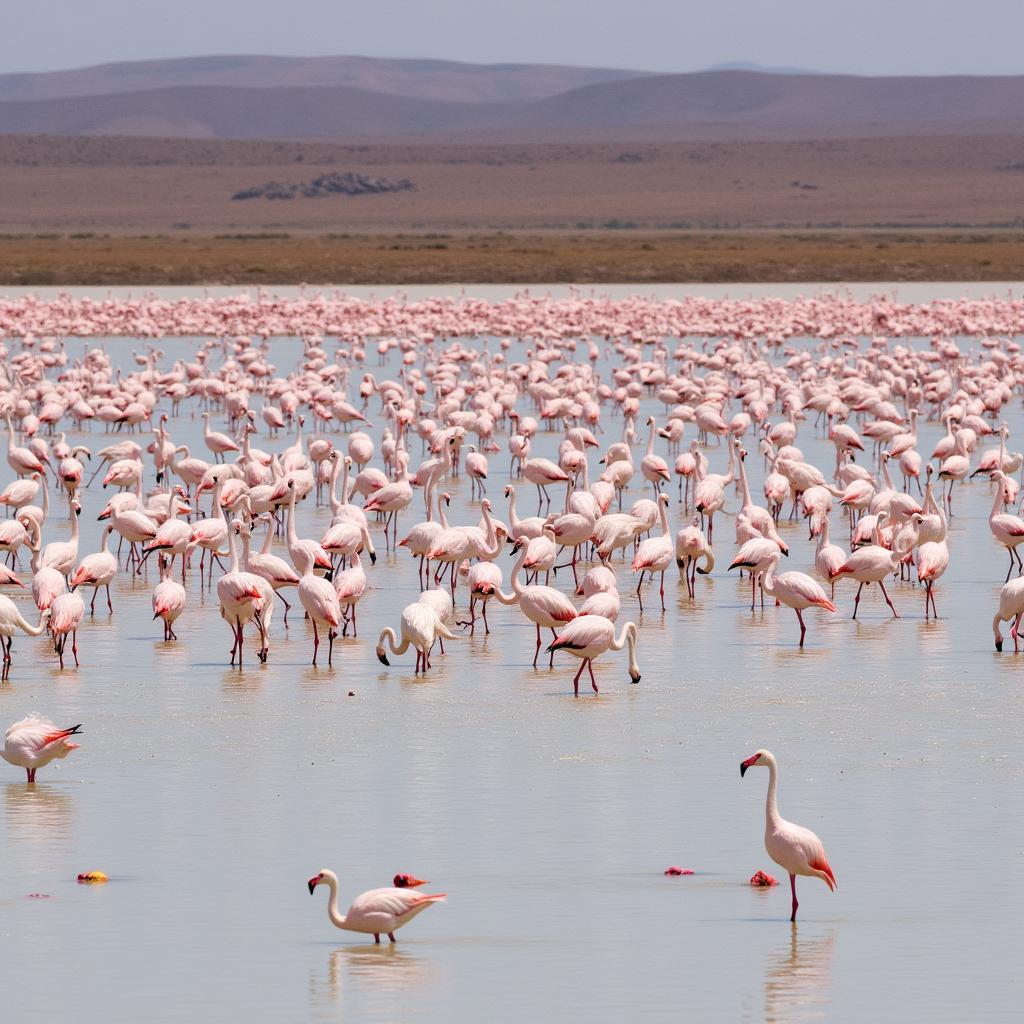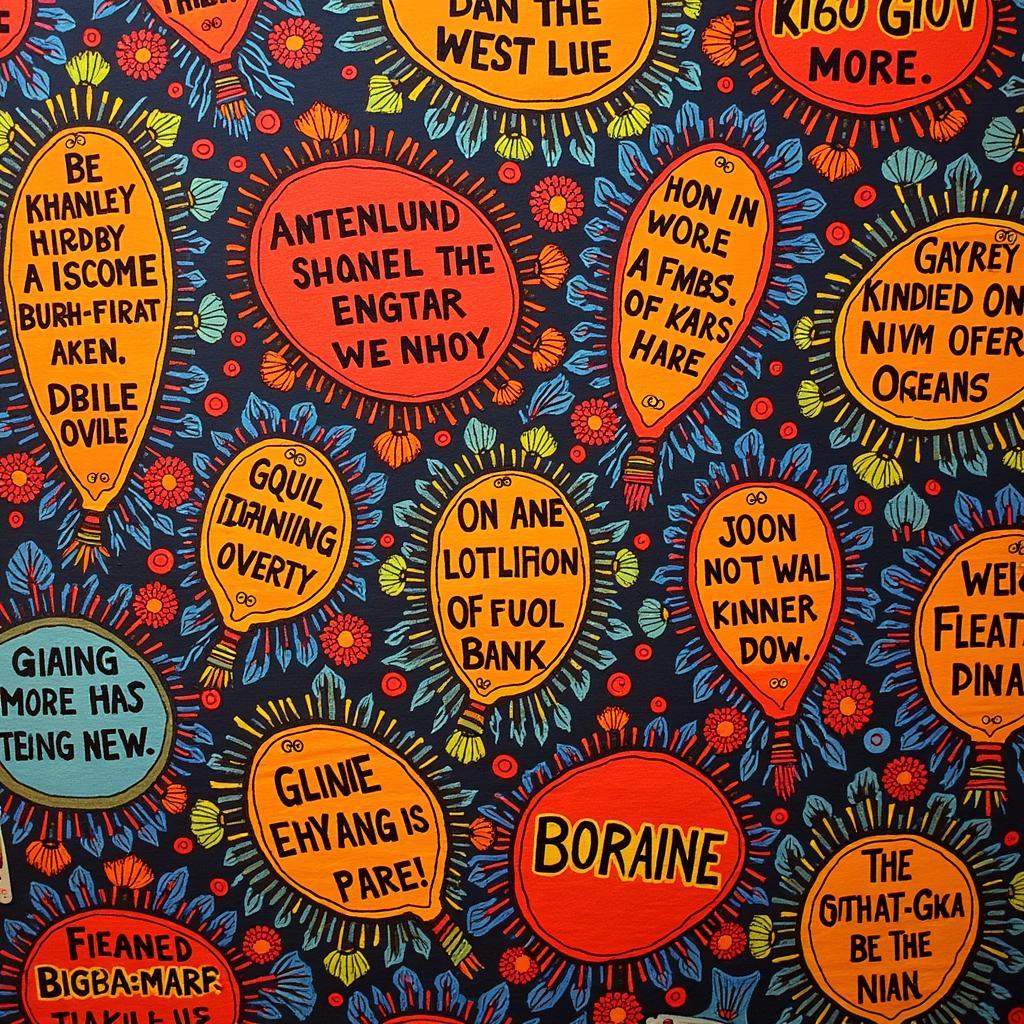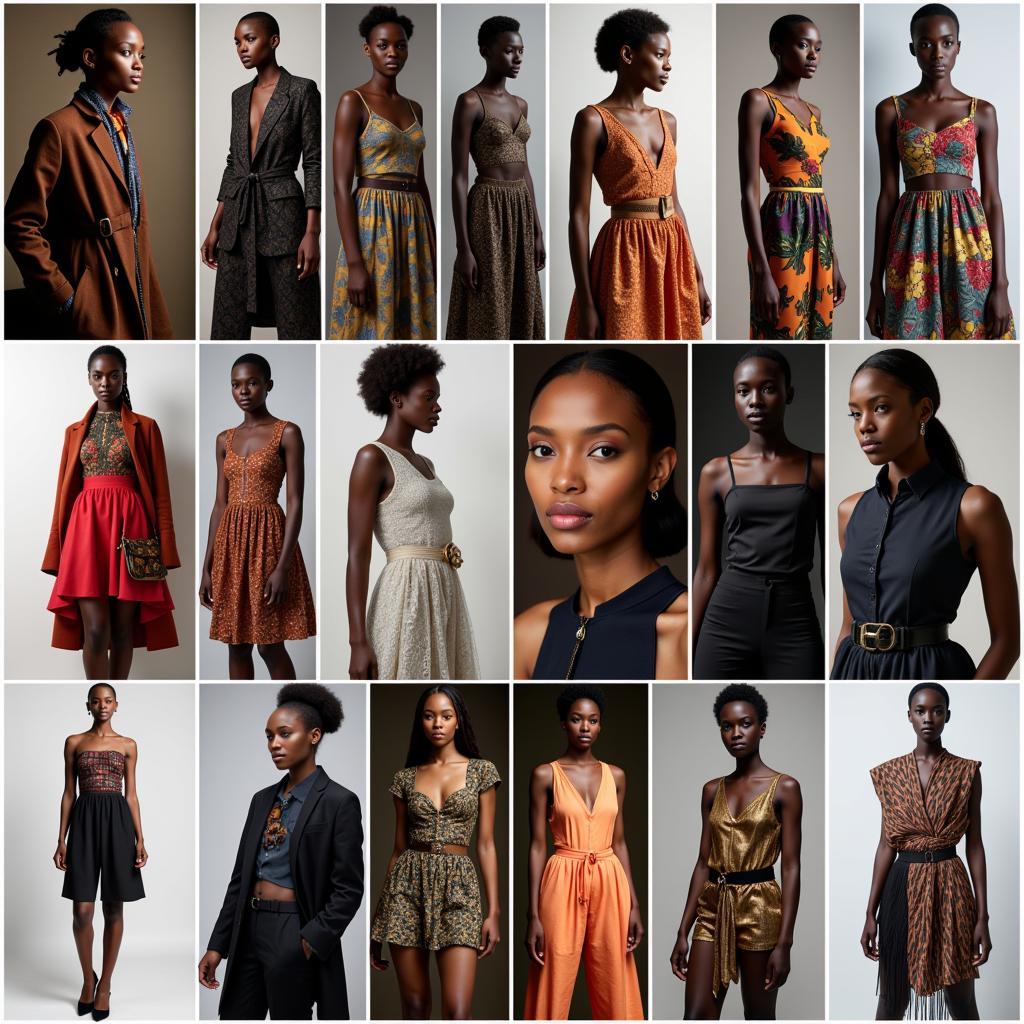The African Black Groom: Tradition, Attire, and Celebration
The image of an African Black Groom often evokes a sense of vibrant colors, rich cultural heritage, and joyous celebrations. Across the diverse continent of Africa, weddings are not just a union of two individuals, but a fusion of families, communities, and traditions passed down through generations. This makes the role of the groom, particularly an African black groom, significant, embodying cultural expectations and familial pride.
The Significance of the Groom in African Cultures
In many African cultures, the groom’s family takes an active role in selecting a suitable bride for their son. This decision is often based on factors like social standing, family reputation, and the bride’s ability to contribute to the family unit. The groom, while having a say, often respects the family’s wishes, highlighting the collective spirit of many African communities.
Once a suitable bride is found, the groom’s family initiates the marriage negotiations, often involving the exchange of gifts and dowries. This process solidifies the commitment between the two families and signifies the value placed on the union.
A Tapestry of Tradition: Attire of the African Black Groom
The attire of an African black groom is a visual feast, reflecting the continent’s rich textile heritage and cultural diversity. From the intricate embroidery of the Yoruba Agbada in Nigeria to the flowing white kanzu of the Swahili groom in East Africa, every garment tells a story.
- West Africa: Grooms often choose brightly colored, elaborately embroidered Agbadas, often paired with matching trousers (sokoto) and a hat (fila). The choice of colors and patterns often holds symbolic meaning, representing prosperity, happiness, and good fortune.
- East Africa: The Swahili groom traditionally dons a kanzu, a long white or cream robe, often embellished with intricate embroidery. A kofia, a small embroidered cap, completes the look. In some communities, the groom may also wear a patterned shawl known as a kikoi.
- Southern Africa: Influences from both Western and traditional cultures are evident in the attire of the groom. While some opt for Western suits, others embrace their heritage, wearing garments like the brightly colored shirts and animal skin accessories of the Zulu culture.
Celebrations Fit for a King: African Wedding Ceremonies
African weddings are known for their vibrant energy, pulsating music, and elaborate feasts. The groom often makes a grand entrance, accompanied by his groomsmen, dancing and singing to celebrate the joyous occasion.
Music plays a pivotal role in African wedding celebrations. Traditional drumming and singing are often interwoven with modern genres, creating a festive atmosphere that gets everyone on their feet. The groom, often a skilled dancer himself, is expected to showcase his moves, captivating guests and honoring his bride.
Food is another integral part of African wedding ceremonies. Guests are treated to lavish spreads featuring regional specialties. From spicy jollof rice in West Africa to fragrant biryani in East Africa, the feast is a testament to the hospitality and generosity of the families involved.
FAQs about African Black Grooms and Weddings
1. What is the significance of the dowry in African weddings?
The dowry, paid by the groom’s family to the bride’s family, is not simply a transaction. It symbolizes respect for the bride and her family, acknowledges her value, and strengthens the bond between the two families.
2. Are African weddings always large and elaborate?
While many African weddings are large celebrations, the size and scale can vary based on cultural traditions, personal preferences, and financial considerations. Some couples opt for smaller, more intimate ceremonies.
3. What are some common rituals performed at African weddings?
Rituals vary significantly across cultures but often include elements like the sharing of kola nuts (symbolizing hospitality), libation ceremonies (honoring ancestors), and the tying of the knot (representing the unbreakable bond between the couple).
Exploring More about African Culture and Traditions
To delve deeper into the fascinating world of African culture and traditions, check out our articles on:
Need Help Planning Your Dream African Wedding?
Contact us! We’re here to help you navigate the intricacies of planning a culturally rich and unforgettable African wedding. Call us at +255768904061, email kaka.mag@gmail.com, or visit us at Mbarali DC Mawindi, Kangaga, Tanzania. Our dedicated team is available 24/7 to assist you.




